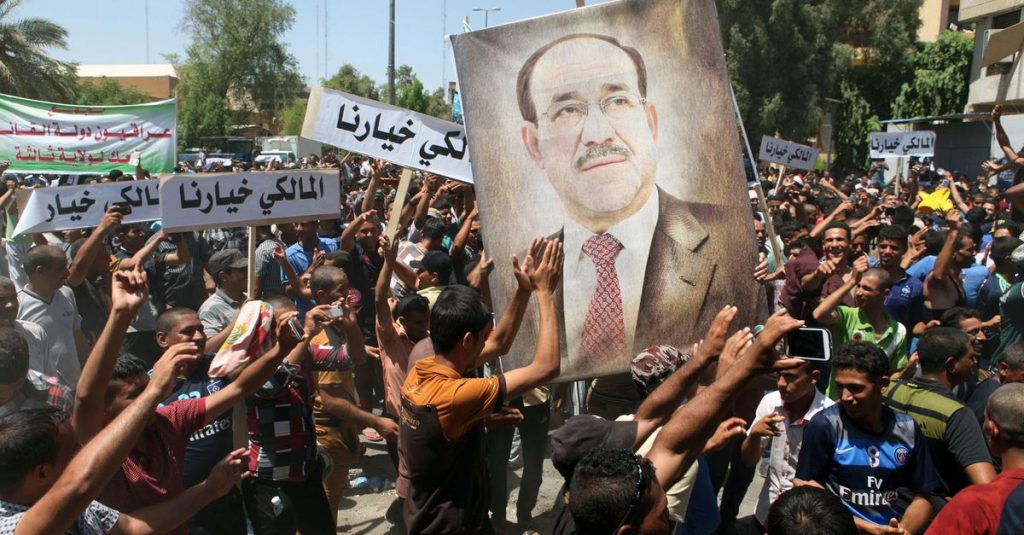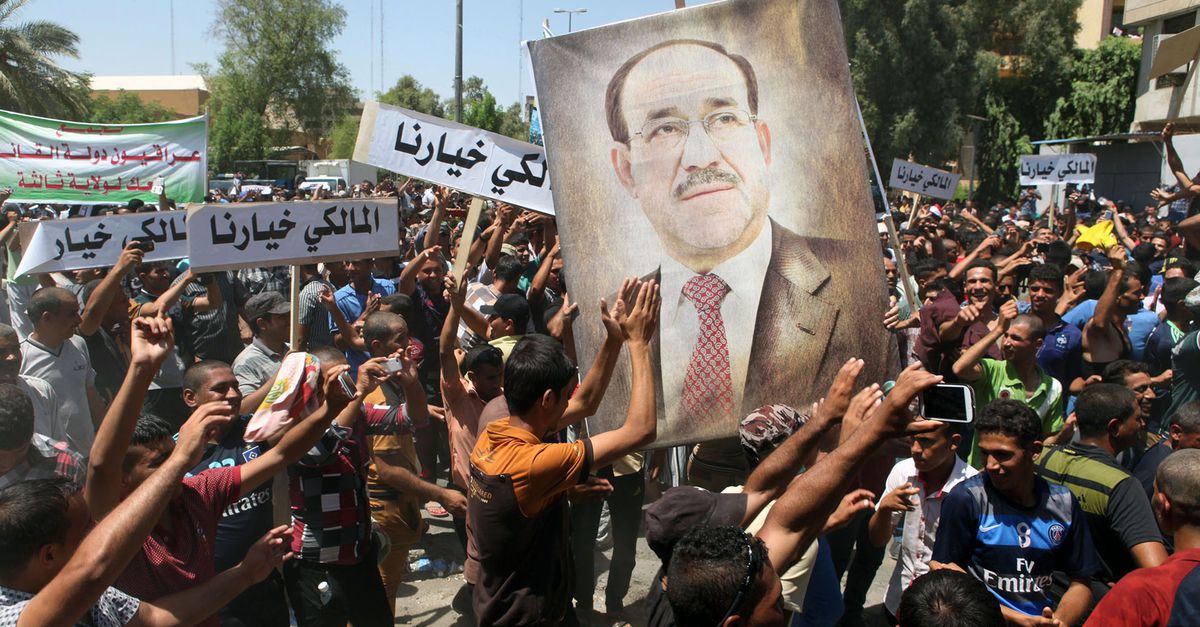Welcome to the Morning Brief for today, where we’ll be keeping an eye on the developing political crisis in Iraq, the counteroffensive in Ukraine, and the most recent events in Brazil’s presidential election.

Please sign up here if you want to get Morning Brief delivered to your inbox each daily.
What is causing Iraq’s political situation to worsen?
The already turbulent political situation in Iraq worsened as a result of the hundreds of demonstrators’ invasion of the government palace on Monday.
The protestors were upset by Muqtada al-promise Sadr’s to withdraw from Iraqi politics, despite the fact that he had made similar promises in the past and failed to keep them. Al-Sadr is a powerful Shiite cleric. Some observers say that Sadr’s declaration was a risky, desperate ruse to keep his influence and energise his followers.
Abbas Kadhim, director of the Iraq Initiative at the Atlantic Council, said Sadr “doesn’t have any power right now, so what he is doing is appealing to the emotions of his followers who are the closest you can come to a personal cult.”
He is admonishing his supporters, saying, “Okay, I lost, but it’s up to you to make me a successful player by doing whatever it takes. We give up, you may also say. Kadhim continued, “We lost. These guys are ready to do any task.
The political impasse that has prevented Iraq’s government from functioning and widened internal divisions since the country’s elections in October 2021 is at the root of the situation, which has been exacerbated by Iranian meddling. Even though Sadr won the most votes in the elections, he was unable to establish a new government because he left out other Shiite leaders. That threw Iraq into a state of uncertainty and gave it to a caretaker administration that is powerless to pass budgets or laws.
The 73 members of parliament who were loyal to him resigned in June while Iraq remained at a standstill. He may not have planned it, but they were quickly replaced, thereby ending his parliamentary influence for the first time in almost two decades.
Sadr had anticipated that his opponents would approach him and implore him to reconsider and restore his MPs, Kadhim added. They didn’t, though. They ignored him and utilised the legislation to install their own MPs in lieu of Sadr’s.
Hundreds of Sadr’s supporters have been camping inside the parliament building since July to obstruct opponents’ political initiatives. But Monday’s clashes—which resulted in at least 15 fatalities, over 100 injuries, and forced the military to impose a national curfew—indicate a troubling new direction in the situation.
According to this month’s article in Foreign Policy by analyst Shayan Talabany, Sadr’s ultimate objective is “to agitate the nation and hijack public feeling to become the most powerful man in Iraq.”
The country’s predicament may become worse before it gets better, according to this theory. Sadr’s propensity to exacerbate political unrest, postpone the formation of the Iraqi government, and intensify protests while threatening all-out conflict with competing Shiite parties, according to Talabany, should serve as a signal that he is capable of pushing the nation into an even worse situation.
What We Are Watching Today
The counterattack by Ukraine. On Monday, Ukraine launched a counteroffensive to recover land that Russia has taken over, only days after the United States promised to provide $3 billion in military aid to bolster its war operations.
This week, a mission from the International Atomic Energy Agency is scheduled to arrive in the nation to investigate the Russian-occupied Zaporizhzhia nuclear reactor amid rising concerns about a possible nuclear disaster.
Brazilian presidential elections.
The two front-runners in Brazil’s next presidential elections—President Jair Bolsonaro and former President Luiz Inácio Lula da Silva, who is presently leading in the polls—traded jabs in a contentious televised discussion. Lula attacked the current president for wrecking the nation, while Bolsonaro accused him of corruption.
People miss the nation I left, I know that. It’s a place where individuals may find work and have the freedom to live honourably, according to Lula. “The present administration is hurting this country,”
Watch the siege in Yemen.
The Houthi rebels in Yemen have been urged by fifteen human rights organisations to end their ongoing blockade of Taizz. According to relief organisations, the city’s main entry points have been closed off since 2015, a decision that has had significant humanitarian ramifications.
One of the signatories, Michael Page of Human Rights Watch, said that opening the major roadways would significantly assist to lessen the suffering of a people that has been virtually cut off for seven years.
China’s latest fees.
Authorities are accusing 28 people and looking into 15 officials for corruption in connection with the event, which occurred more than two months after a gang of men savagely attacked four women at a restaurant in Tangshan, China. Two of the ladies were hospitalised for more than 11 days as a consequence of the incident in June.








